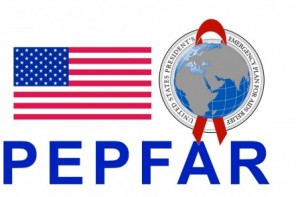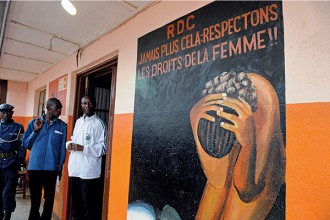This week, I’ve been reading The Translator by Daoud Hari. Hari spent a few years fixing and translating for Western journalists covering the conflict in Darfur. He has an easygoing voice, and the book is full of lovely details and detours, like this one:
…A camel’s hooves, by the way, have cracks and other marks as individual as fingerprints, so a camel can be tracked a very long way, and you can see which of your friends has come through this way or that. I cannot say enough about camels. Their milk is a wonderful desert drink — so plentiful and watery that it is often used to pour over your head and arms like a shower after a sandstorm. Camel meat, sadly, is quite delicious and needs no salt.
Then Hari’s work takes a turn for the Seriously Bad. He, a driver and an American journalist are captured in Darfur, when rebel groups are dividing faster than cancer cells, and he’s passed from one warlord to another. Finally, he’s in the hands of a man whose soldiers call him “the crazy commander.”
He supervised the very tight tying of our ropes on our wrists and behind our backs. Then he had long ropes tied to our ankles. The other ends of the ropes were thrown over high branches of the tree.
“This is very simple; I will show you how it works so you can do it whenever you need to,” he sid to the soldiers. Then he turned to Ali and me with a quiet cruelty in his voice:
“I want to torture you two now and you will tell me everything you have in your minds: who sent you, what is your mission, and who you are meeting, everything.”
Torture was the popular new thing because Guantanamo and Abu Ghraib were everywhere in the news at that time, and crazy men like this were now getting permission to be crazy.”




I thought this was a great read but then wondered how authentic his voice was at moments like those. The patchy analysis in the book read like it had been lifted from the Save Darfur website.
I hear you on that, Rob. I wouldn’t give this to someone looking for an analysis of Darfur, for sure. But I’m not sure Hari should be on the hook for original analysis; it’s a memoir of a translator and he doesn’t pretend it’s much more, so I’ll cut him some slack. (At the same time, I have real concerns about the voice–and the role of his Western friends whom he credits in the intro to shape it, without saying too much about what they did. I’d have to meet him to know, but there’s a very fine line between the simplicity of the voice and the infantilization of its author. Did you feel this? I mean, I loved the line about camels, but that’s also an example of what I’m talking about here.) This torture moment socked me, though, in a way I usually trust. Though I can’t think that it has any particular characteristics that set it apart, so I may have given it too much trust.
What else socked me was the driver’s chat with the child soldiers about colonialism. Hmm, a next post.